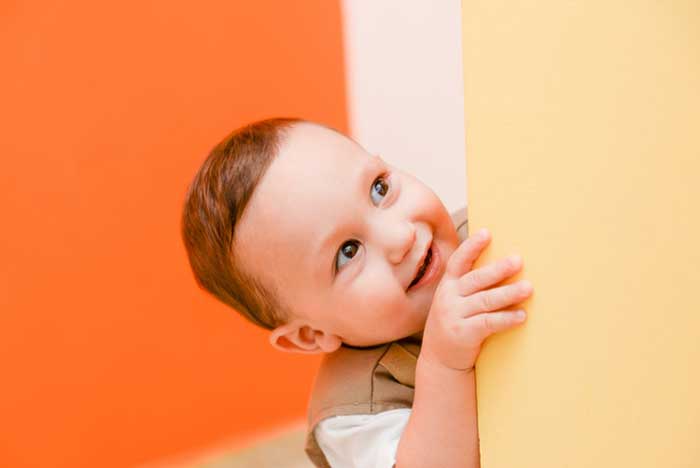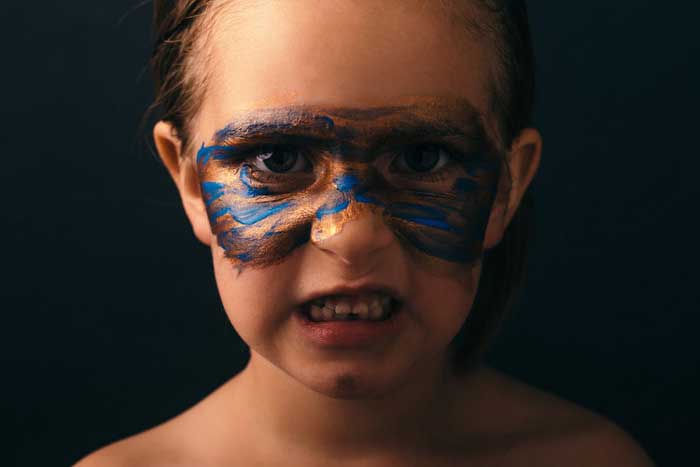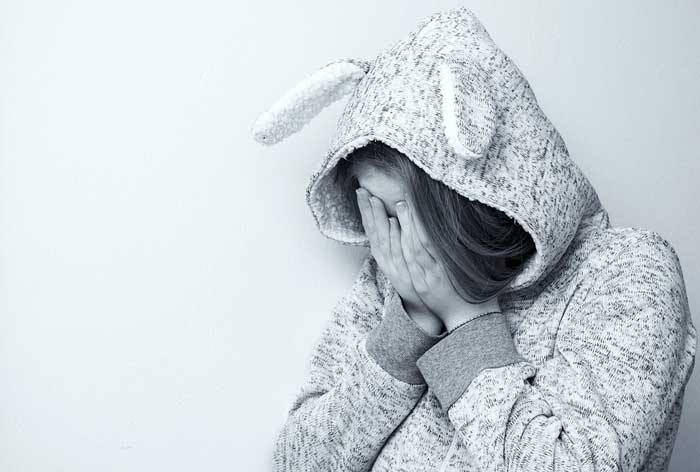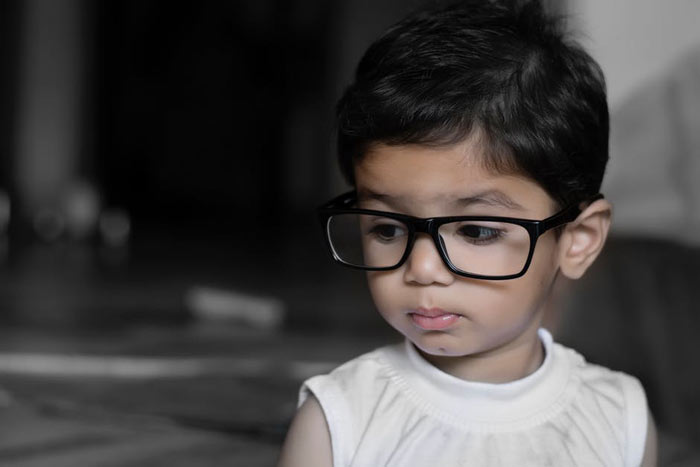What Makes Kids Cruel & How to Raise a Kind Child?
It may not be called a cruel world after all, but there are enough cruelty and violence around, unshakeable and unavoidable. Children are exposed to it as well as anybody else, and parents are concerned that they might not grow kind enough, full of empathy and consideration for others. While television and life, in general, provide enough stuff to make kids grow hard and indifferent to others’ suffering, parents should find ways to circumvent this tendency.
Certainly, parents are not omnipotent and cannot get total control over their kids’ circumstances. Every year children are getting more and more exposed to the world that is not so caring at best, and can be pressing, forcing and violent at times. By the time children already have their personal traits which can’t be very well altered. Yet parents have some resources to influence their kids toward being considerate and caring.
Every child can turn nasty, even those who are habitually nice: they have their blind spots in terms of feelings.
Mean outbreaks can occur as an impulsive reaction to a current situation which made the child irritated, offended or angry, so they overreact and behave explosively (which isn’t characteristic of them in a quiet mood). We must differentiate, though, when the child’s aggression is deliberate and when it is a blind urge caused by what they perceive as a hostile situation.
Having reached school age, kids are supposed to appraise their own behavior – but it doesn’t mean they can’t get incensed and display cruelty because they lost control over their feelings. This condition is known as an “empathy blind spot.”
It occurs every time a child believes that somebody’s feelings may not be taken into account, consequently, this person can be treated badly or ignored. It is as if the kid received permission to act basely to them, explaining it away as their being “weird,” “vexing,” “not liked by all kids.” Such excuses kind of allow them to exhibit meanness since it can be regarded as acceptable and in line with the attitude of peers.
Now parents have ways to counteract peers’ influence and make the kid look upon his misbehavior in a different light. They will be growing by understanding a grown-up person’s view on things. They need perfect realization of how they inflicted pain to others, how to get along with people and how to move on gaining positive experience.
Your kid should be taught and assisted to handle empathy blindness; below you will find the answer how.
The child’s feelings must be accepted and understood
Before your offspring is capable of listening to people and understand their points of view he has to know that he is listened to and his thoughts and emotions are taken into account. When talking to your child, you may be eager to outline your own attitude first, yet the best policy would be to listen to his interpretation of events and attempt correcting them mildly and gradually. Refer to his feelings while providing your own picture of the situation with phrases like “I know that your friends and other kids look on it like that” or “You were vexed at such an attitude from him/her.”
Give an impressive description of how the hurt one was feeling
A clear perception of what others around him might be feeling and thinking is an ability to be developed in the child. It can be achieved by a striking rendering of what the other kid went through, in colors as bright as you can conjure up. If it is a new child, dwell on their feeling lonely and sad; if a conflicting situation arose, emphasize the embarrassment and shame overwhelming the participants.
When the situation calls for this, you can invite empathy by describing the other party’s circumstances. Children wear a different kind of clothing because their parents buy them those, or cannot afford more popular outfits – and the child is unable to improve on the situation. This realization makes him even more bitter when others comment on that.
If you can, compare your kid’s experience with that of the offended party. If our kid has ever been laughed at or derided, remind them of the occasion and let them evoke the rage and helplessness they felt and how the remarks of the jibes being just jokes only served to make derision worse. The classmate is likely to feel the same although the situation was a different one.
Let the child understand what you expect
Your bringing the child up should constitute a balance between setting limits and showing loving care. We cherish expectations that our kids have to meet and we should make sure they understand what these expectations are. Regarding their behavior, you can lay it out like: “If your little brother/sister misbehaves, I think you will remember that you are responsible for your positive reactions.”
Show how he can move on away from a bad situation
We must differentiate between acting badly and being bad: once the child is given to understand he behaved inappropriately, he mustn’t arrive at a belief that he is bad. Mistakes are what we all make from time to time; it’s what we do next that matters. When it is applicable, you may make your kid offer apologies or require them in some way.
Another good way to develop your offspring is to think of a problematic situation that may arise and define his behavior in it together. Situations provide enough challenge for one still unsure of his capabilities. In some instances, it may be better to interfere, in others, it would be more appropriate to tell adults and let them settle the matter.
In more complicated cases, children may be disregarding those among them who are meddlesome and create conflicts. Then it will require deep consideration to decide on the interests of the majority, the interests of the outcast and application of ethics. It can be a tough proposition. Sometimes you can sit down with your child and think about solutions that could be satisfactory to all concerned. If you address these problems calmly and without an upsurge of emotions, it will make your kid better prepared to make balanced decisions about his behavior.



